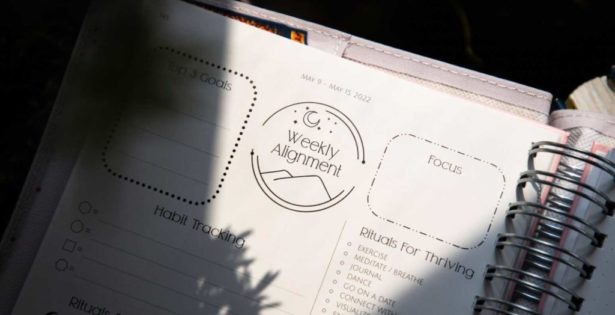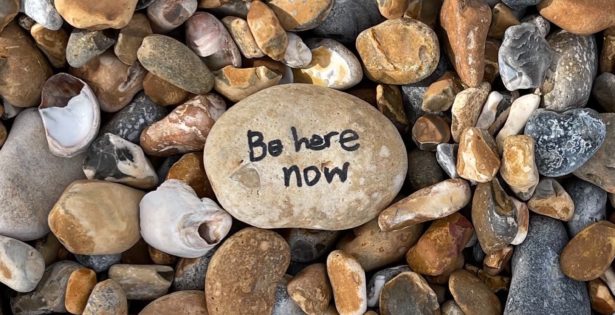While I wouldn’t wish pain on anyone, I don’t always think it’s best to make it go away as fast as possible. Sometimes the need to manage pain takes us… Read More
meditation
We. Love. Candles.
No matter where you are on your journey, the Dragontree candle collection offers an inspiring tool to help light the way. Our new candles are thoughtfully designed and hand-crafted with… Read More
The Power of Mantras
Once I went to see a spiritual teacher who planned to write a mantra on my tongue using a leaf dipped in honey. But she ran out of leaves. Or… Read More
Turn Your Dreams into Choices
Several years ago, Briana asked me, “What are your dreams?” and I discovered there was a hitch in my thinking about dreams. Somehow “dreams” had come to represent crazy or… Read More
What I Don’t Want You to Know About Me
I once participated in a weekend training that included a process called “What I Don’t Want You To Know About Me.” We took turns standing up and telling the rest… Read More
Best Dreambook Ever
I’m not really an excitable type of person. I can’t remember the last time I jumped up and down while clapping my hands and making whooping noises (generally I perform… Read More
Make Good Habits Stick
A few years ago, we added a simple habit-tracking system in our ever popular Dreambook. Users can track up to four habits at a time, marking their progress on each… Read More
You are the Certainty in Uncertain Times
This time last year we were in the midst of the covid crisis, a race crisis, and an intense presidential race. I wrote that a good plan and a strong… Read More
Let Gaps Be Gaps
I was stopped at a red light the other day and found myself reaching for the radio controls. While sitting on the toilet, I noticed that I was reading the… Read More
How to Be Happy Like a Dog
I have a cousin who’s a brilliant dog trainer. Years ago he used to train dogs to sniff out drugs and weapons, and he’s shared stories of some of his… Read More
Four Powerful Ways to Invite more Space into Your Life
In our book, The Well Life, Briana and I introduced three elements of life that are essential for happiness, balance, and peace: structure, sweetness, and space. I discussed the first… Read More
Deeper Self-Care: Making Space for your Essence
So much of what we do through The Dragontree – both at our spas and with our products, courses, and articles – is meant to assist people to prioritize self-care…. Read More
What’s Better than Video Games? Peace, Balance, and Perspective.
One of the things I love about Traditional Chinese Medicine (TCM) is its ability to distill complicated problems down to simple ones. If you were to look in a textbook… Read More
What is “Holding Space”?
Later this week Briana and I will be hosting the Illuminator Training – part of Dragontree Life Coaching Program – and we’ll spend four days in a very special space…. Read More
Pathways to Change
We’re about to release the second edition of Rituals for Transformation, so I’ve been writing about the 14 broad themes we cover in the book. Actually, it’s more of a… Read More



 Cart
Cart














